Improving access to clinical trials
Clinical trials are the single best way to turn advances in science into patient benefits. The ICR has a vision that a suitable trial should be made available for every person with cancer who wants to be part of one.
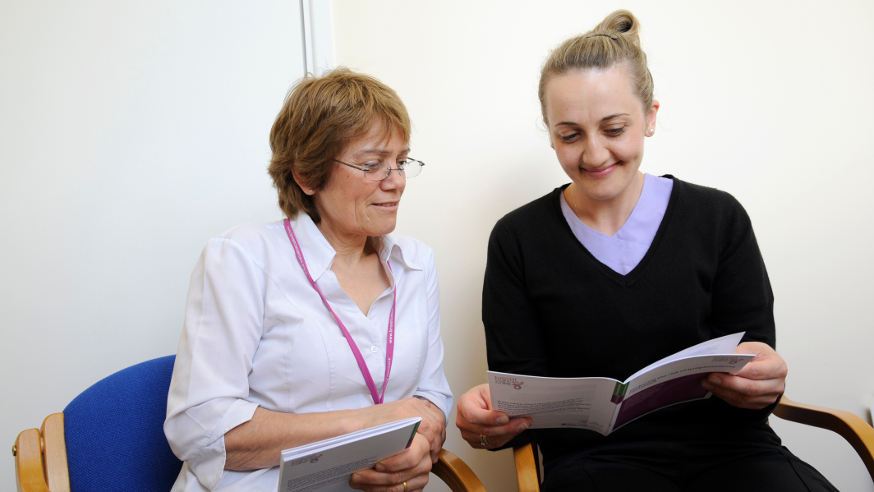
Expanding trial access – ICR report
Our 2021 report, Clinical trials in cancer, reveals the impact of the Covid-19 pandemic on cancer trials and highlights longstanding barriers to expanding clinical trial access to more people with cancer. But Covid-19 also offers clues to a recovery that can get new treatments to cancer patients more quickly.
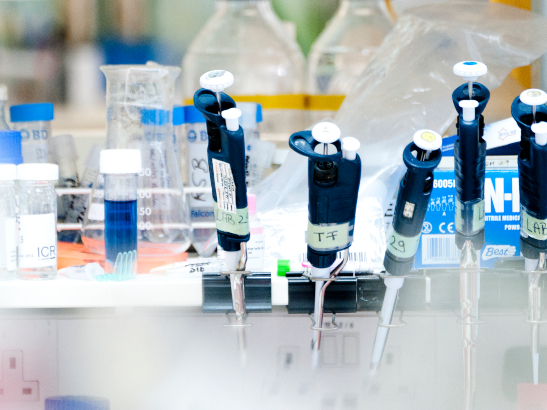
News: Cancer trial recruitment drops by 60 per cent during pandemic
The number of cancer patients entering clinical trials has plummeted during the pandemic – denying many thousands the latest treatment options and delaying drug development. Here, cancer experts set out their findings about the barriers to carrying out clinical trials in the UK and proposals for boosting participation.Latest ICR News

Overuse of CT scans could cause 100,000 extra cancers in US
The overuse of CT scans could cause over 100,000 cases of cancer in the US – with almost 10,000 cases in children, researchers have warned.
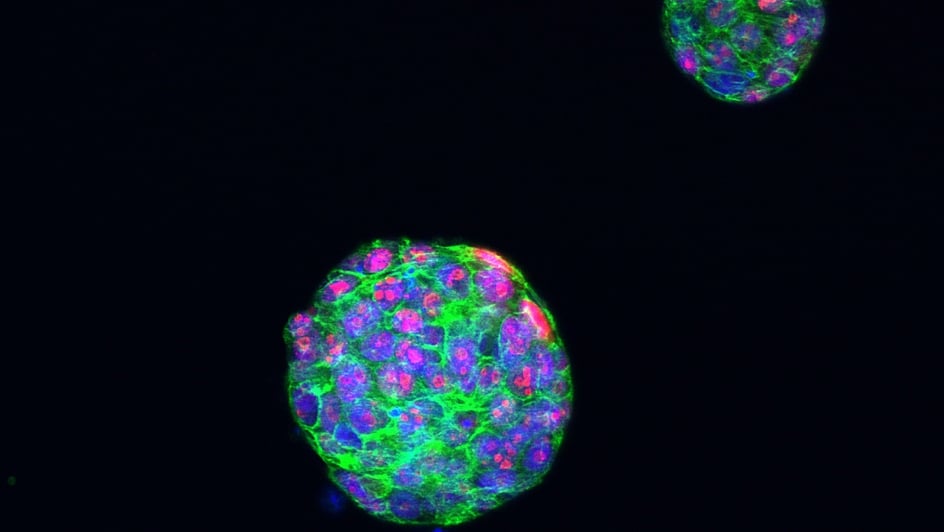
ICR welcomes NICE recommendation of capivasertib for advanced breast cancer
The Institute of Cancer Research, London, strongly welcomes the decision by NICE to recommend the targeted breast cancer drug, capivasertib, in combination with fulvestrant, for treating the most common type of advanced breast cancer with specific biomarker alterations (PIK3CA, AKT1 or PTEN).
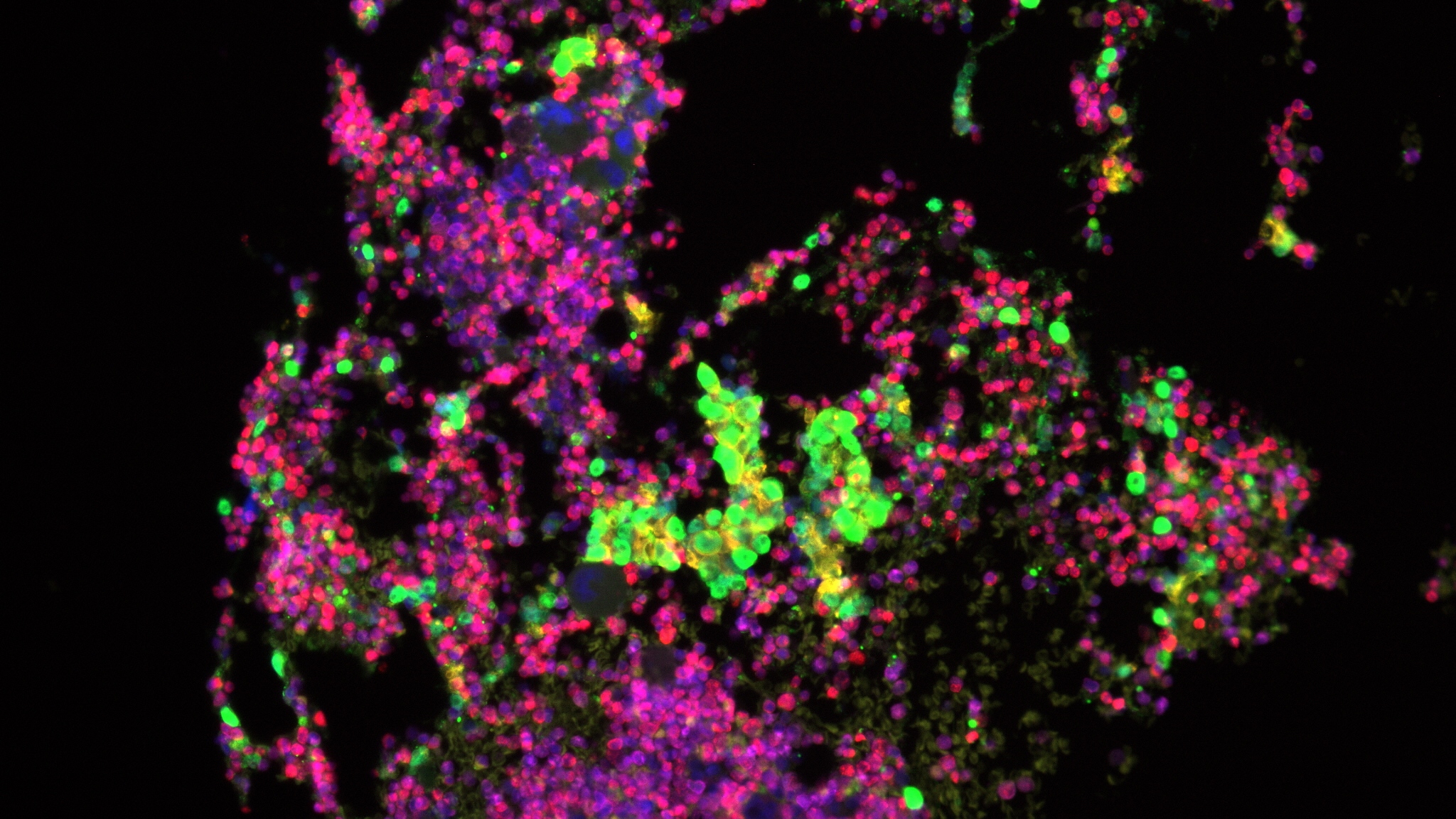
Simple spit test could finally turn the tide on prostate cancer
A spit test, where a sample can be collected at home, is more accurate at identifying future risk of prostate cancer for some men than the current standard PSA blood test, according to a study by ICR scientists.
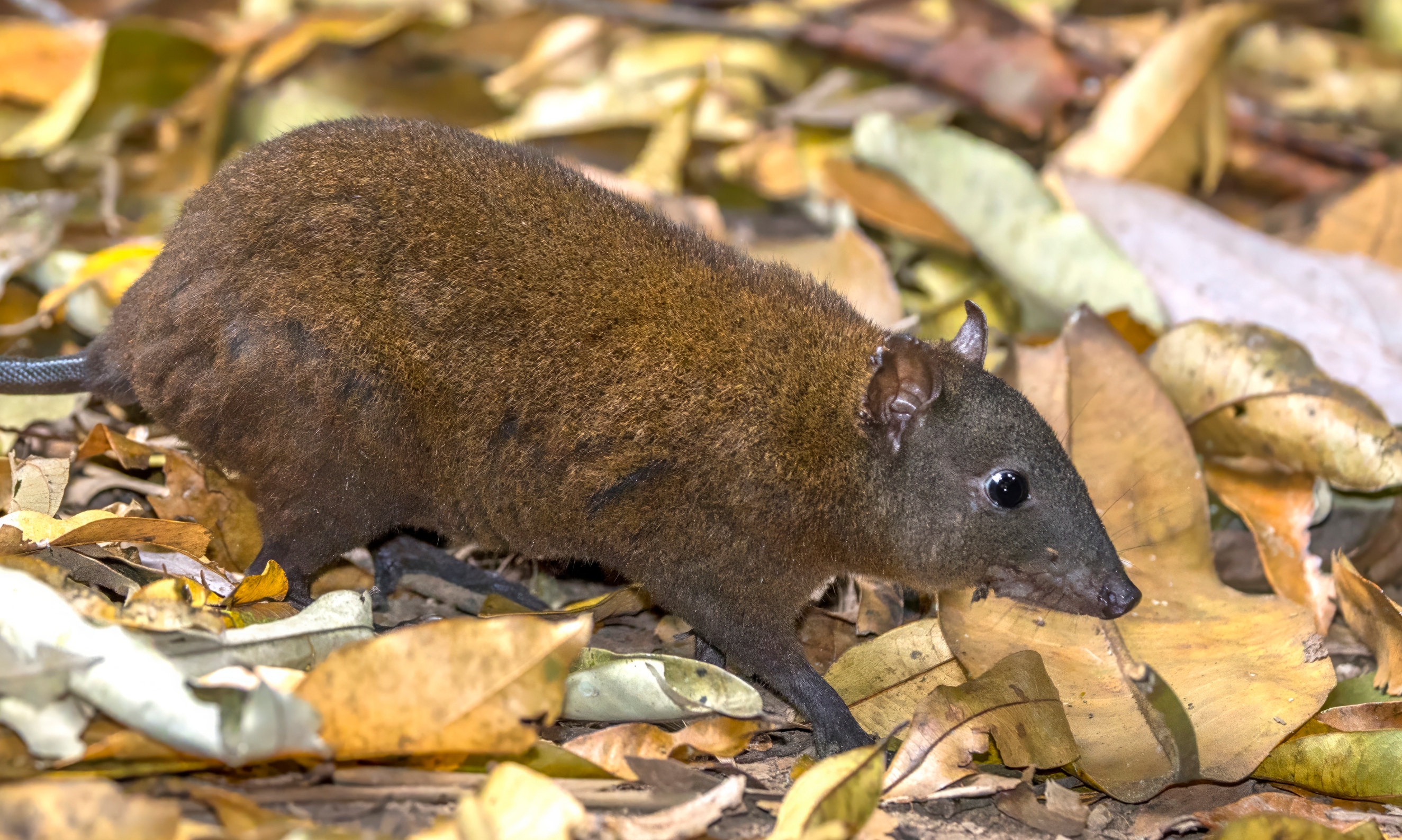
ICR and life sciences company QBiotics launch new collaboration to study potential cancer drug derived from rainforest tree species
Scientists at The Institute of Cancer Research, London, are collaborating with life sciences company QBiotics to unravel the molecular and cellular mechanisms of a potential new cancer drug.